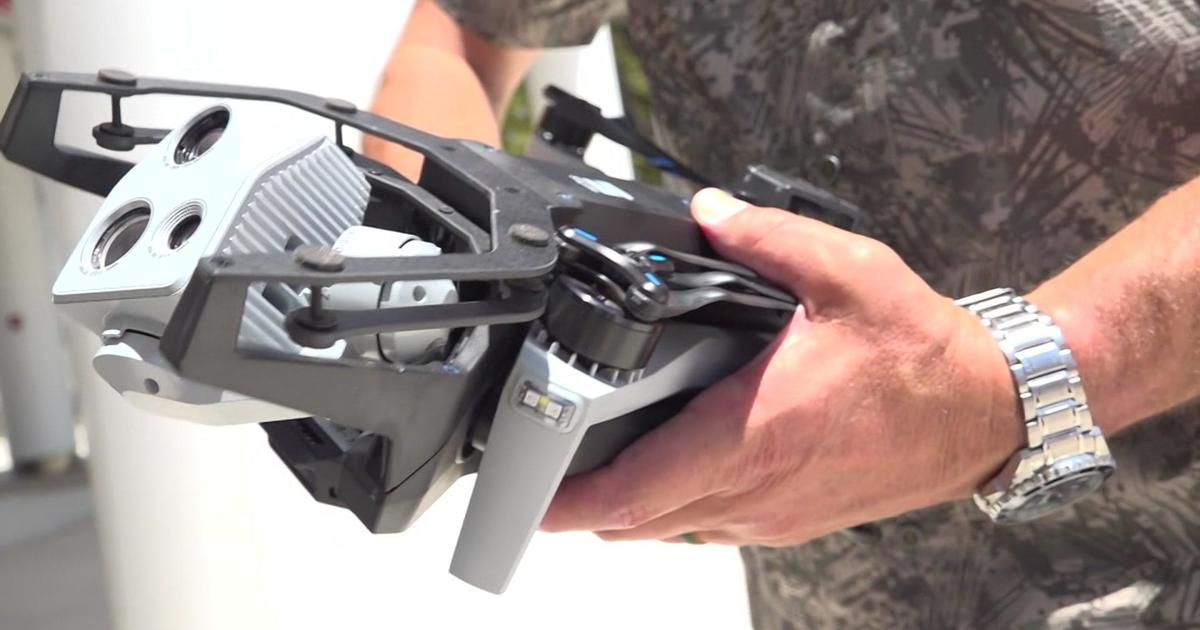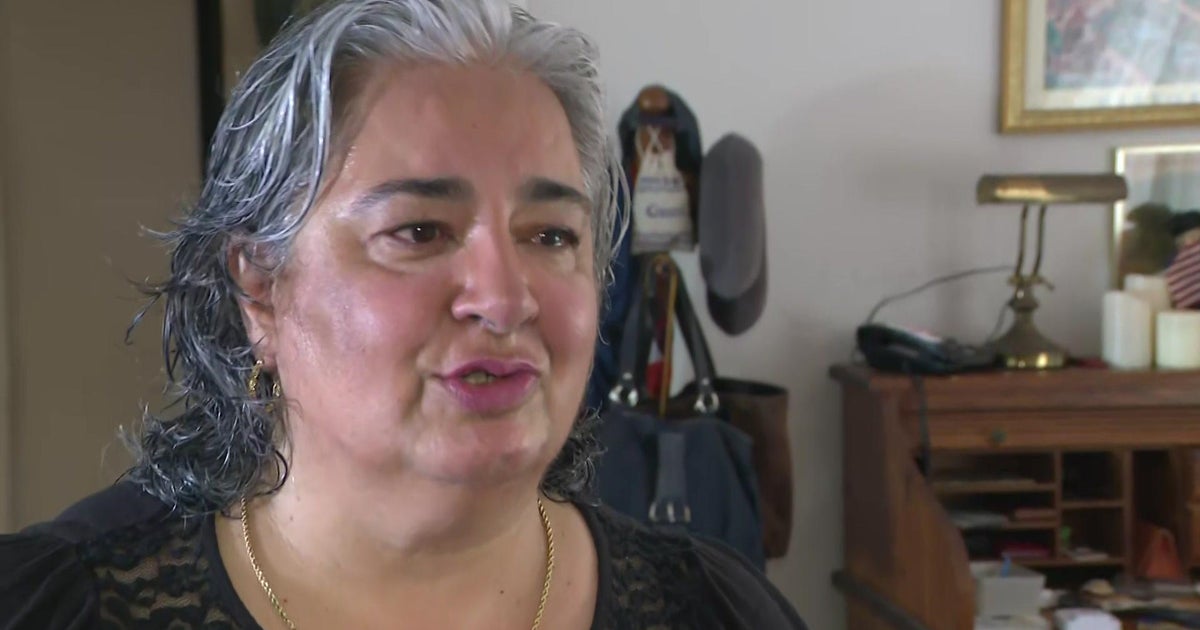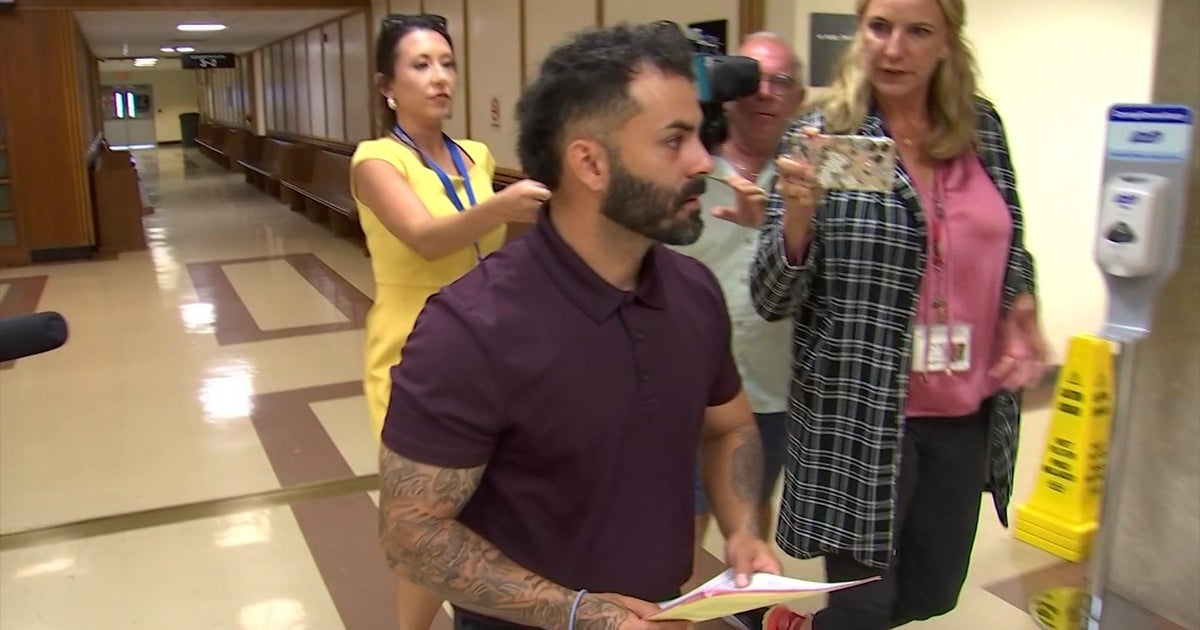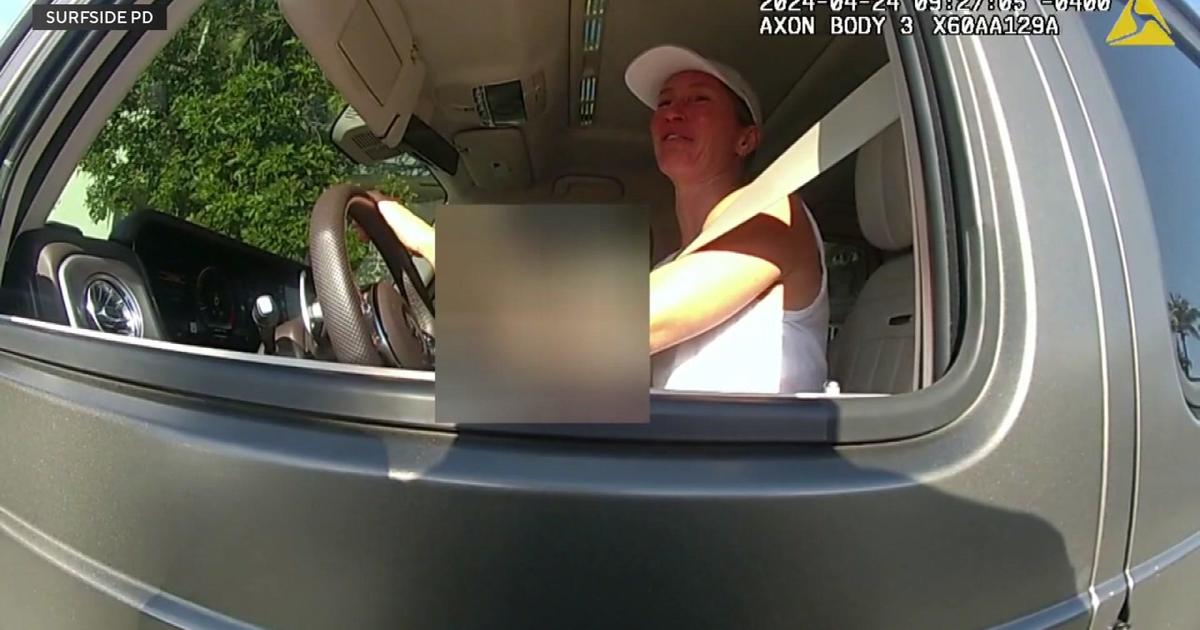Heroin: The Silent Killer Pt. 3
Follow CBSMIAMI.COM: Facebook | Twitter
MIAMI (CBSMiami) - Heroin claims thousands of lives each year.
South Florida first responders, community leaders, judges and healthcare professionals say it's an epidemic in Miami-Dade and Broward counties.
The situation is so dire some firefighters, paramedics, police officers and even therapists are carrying opiate reversal medications in their cars and offices.
The so-called "Silent Killer" can ruin lives, but recovery is possible.
For Daniel Lopez-Calleja, recovery started about a dozen years ago.
"Literally, about 12 years ago. I was homeless, 100 percent homeless going to homeless shelter. Scavenging for food and money and drugs," Lopez-Calleja told CBS4's Lauren Pastrana.
What started out as a suburban Miami teen experimenting with alcohol and pot, quickly turned into an addict with a soft spot for some hard core drugs.
"At the end my two drugs of choice, basically 'speed-balling', injecting cocaine and heroin," he said.
Daniel was in an out of rehab. He said he didn't just burn bridges, he blew them up.
"I exploded the relationships with everyone around me very quickly," Lopez-Calleja said. "It took that for them to realize we need to get this guy as far away from our family as we really can."
He said it got to the point where he was so sick, he wound up back in treatment, but this time something was different.
"The people they were bringing in were my age," he said. "So for one of the first times I decided to listen and I started to talk to some of the individuals my age. (They) had similar drug problems."
Seeing people who looked and talked like him, helped him realize he could relate to people who "live clean."
"If I was going to open my own treatment center, it would be full of guys that look and talk exactly like me. Kept it real, spoke their mind and didn't sugar coat stuff. That would be my approach," he said.
At one point in his recovery, Lopez-Calleja worked with Licensed Mental Health Counselor Ana Moreno and her colleagues at Family Recovery Specialists in Miami.
"This really is a brain disease. People don't want to die," Moreno explained. "Remember the bumper sticker 'Just say no'? If it was that easy, treatment programs wouldn't exist."
Moreno says scenes like the ones captured by our CBS4 cameras during a ride along with Miami Fire Rescue of people passed out with needles nearby, are becoming all too common.
Nationwide, heroin-related overdose deaths tripled since 2010, to more than 10,500 in 2014, according to the Centers for Disease Control and Prevention.
And that number is expected to climb.
"Recovery is possible. That I do tell people," Moreno said. "I want them to have hope. Please have hope. This can be treated."
Lopez-Calleja agrees.
He is now in peak physical form and is the owner of CrossFit Soul, a gym where he helps others achieve their fitness goals.
"We definitely believe in a mind, body, soul, all in one package," he told Pastrana.
While he admitted staying clean is no longer a daily struggle, he said he recovery and treatment were definitely hard work.
He added, "I've made it known that it is the number one most important thing in my life. I don't use drugs and alcohol. And I walk around and I talk about it all the time. Everyone around me knows that's consistent with my lifestyle. And if it's not consistent with yours, I'm not going to have you in my life."
The following links include information and resources for those dealing with addiction:
Related Content



